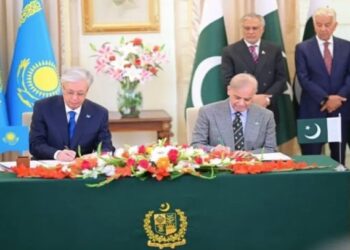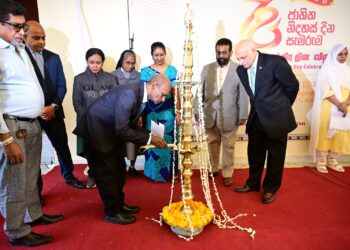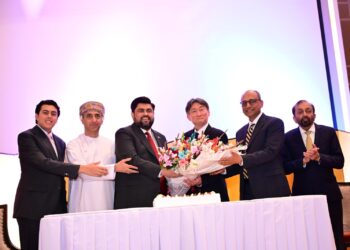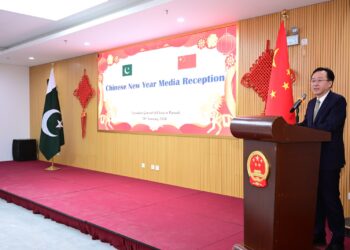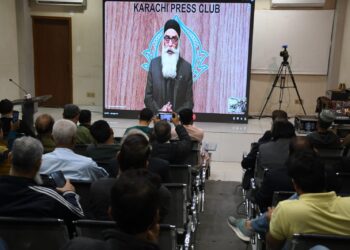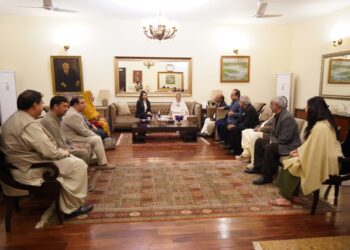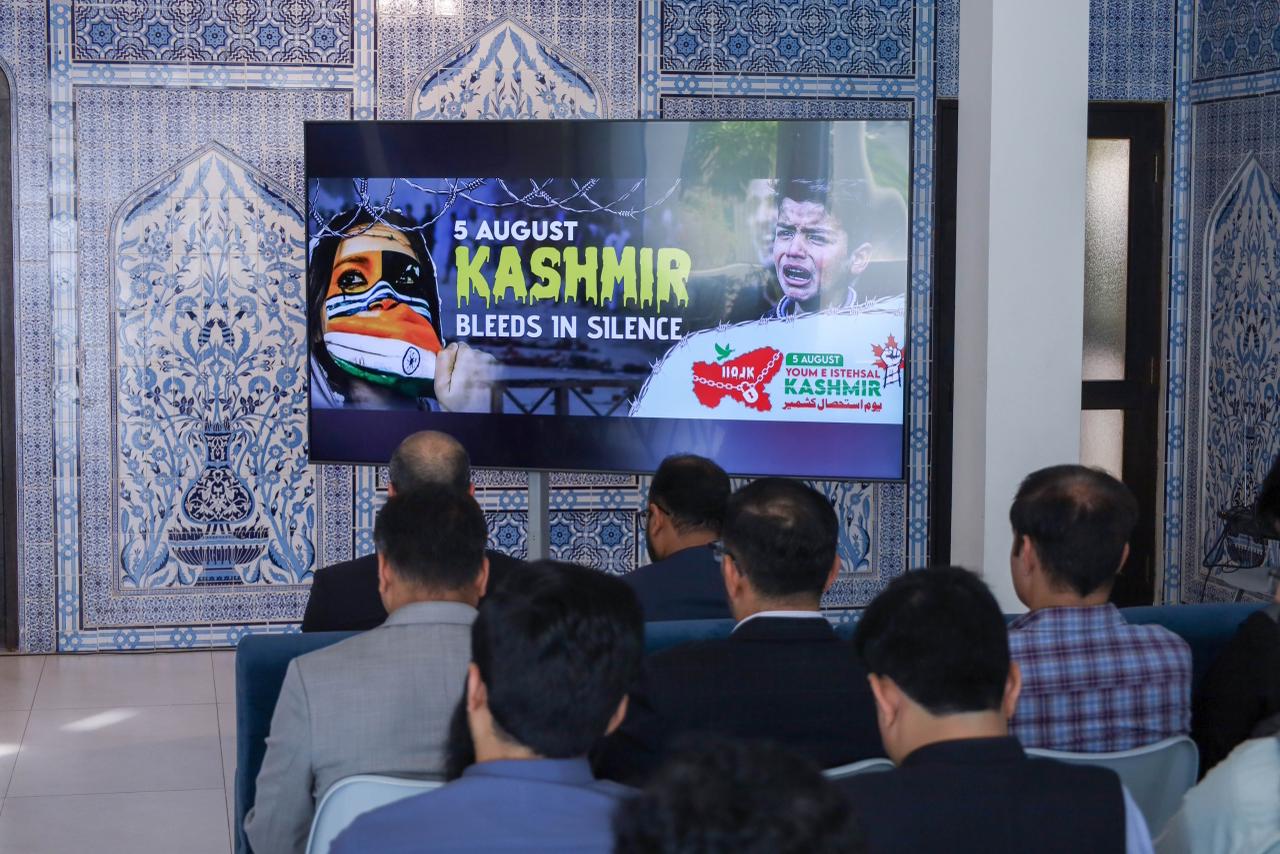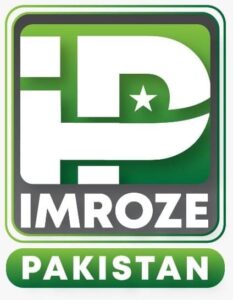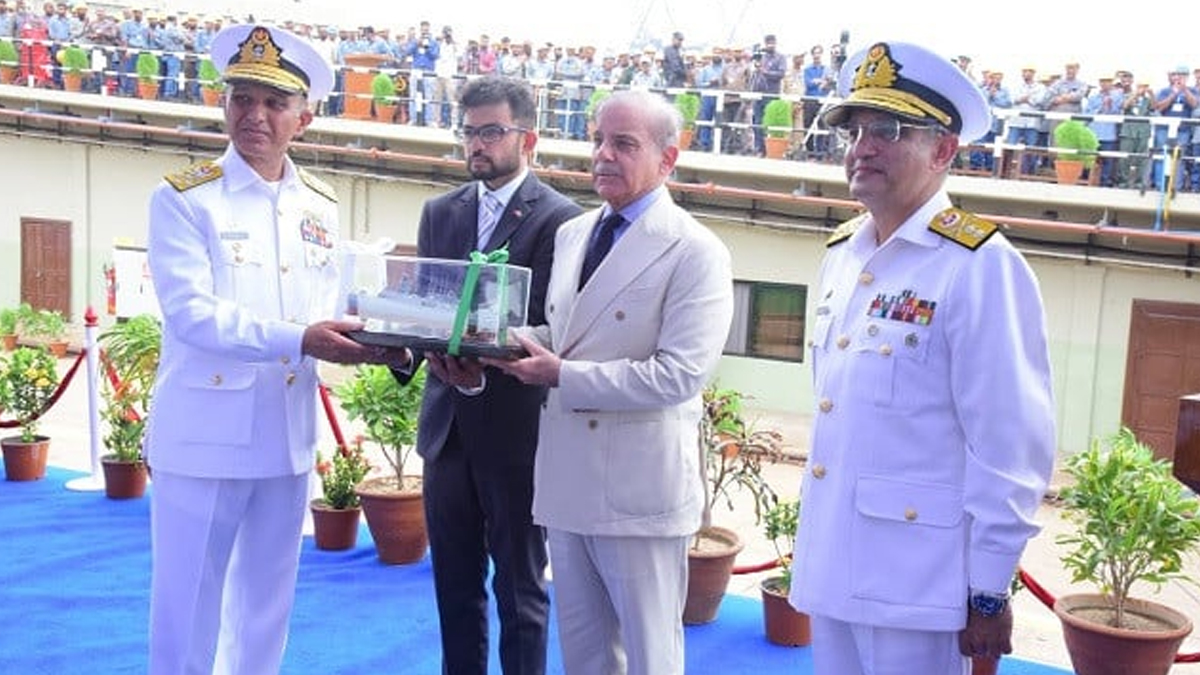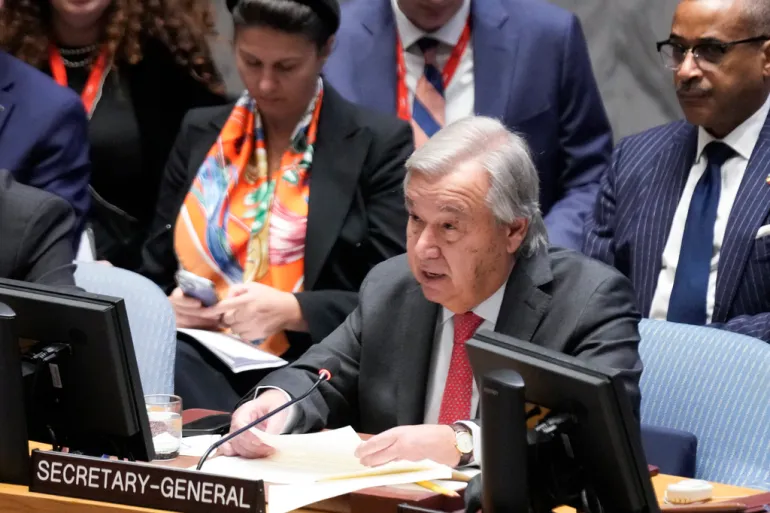Under his leadership, the country has regained
a key role on the international stage by
diversifying partnerships across continents
Web Desk
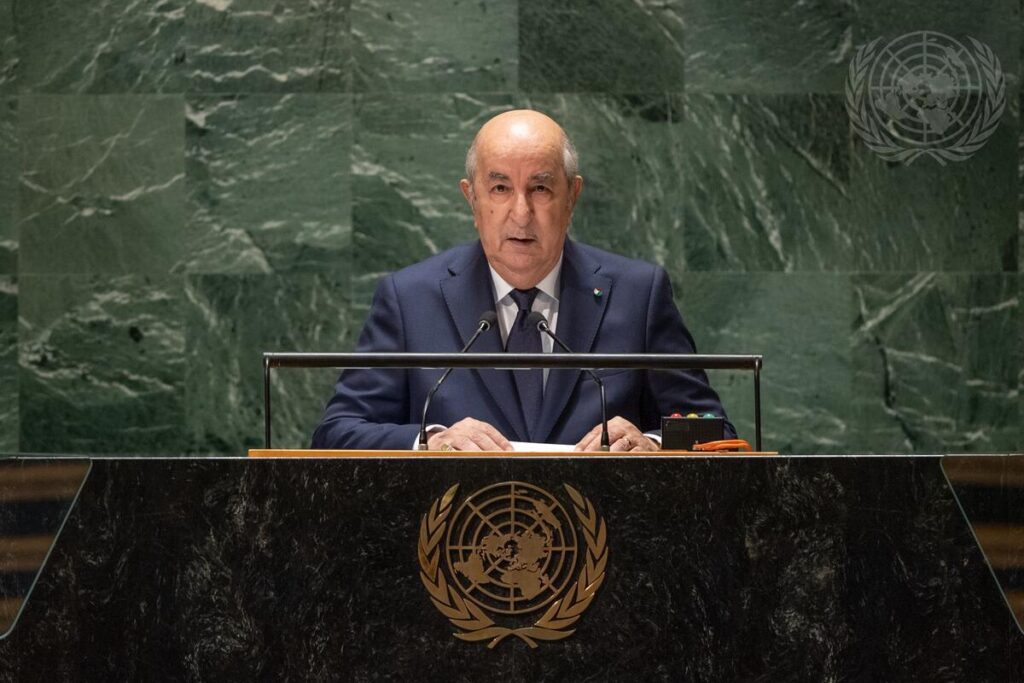
Since President Abdelmadjid Tebboune took office in late 2019, Algeria has made significant progress in political reform, state modernization, and sustainable development. Under his leadership, the country has regained a key role on the international stage by diversifying partnerships across continents.
Algeria: Africa’s Third Largest Economy with Robust Infrastructure
With a GDP of approximately $270 billion in 2024, Algeria ranks as Africa’s third-largest economy. Growth indicators include a 4.1% growth rate, $70 billion in foreign reserves, total exports worth $70 billion, and external debt under $1 billion. Algeria is targeting a $400 billion GDP by 2027. Its modern infrastructure includes an expansive network of highways and railways, 36 airports, 11 seaports, 63 universities, and 48 higher education schools.
Energy and Mining: A Strategic Powerhouse in Africa
Algeria leads Africa in natural gas production (137 billion m³ annually), ranking 10th globally, with exports exceeding 50 billion m³. It’s also third in oil production and reserves. Sonatrach, Algeria’s energy giant, is investing $40 billion by 2027, with strategic partnerships including Eni, ExxonMobil, and Chevron. Algeria holds 707 trillion cubic feet of shale gas, making it third globally. Iron reserves in Tindouf (3.5 billion tons) are being developed for $20 billion in annual exports, supported by new infrastructure. The country also holds major phosphate reserves and produces gold, zinc, copper, and renewable energy—benefiting from over 3,000 hours of annual sunlight.
A Global Investment and Trade Hub
Algeria has positioned itself as a gateway for African trade and investment. With favorable geography, strong ties with regional blocs, and trust from international financial institutions, Algeria hosts major economic forums and exhibitions. Its credibility and investor-friendly reforms have made it a leading destination for partnerships across Africa and beyond.
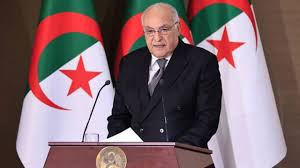
Agricultural Potential in the Desert and Beyond
With fertile land across its north, center, and southern regions, Algeria produces 75% of its national food needs, totaling $38 billion in agricultural output. The country is nearly self-sufficient in wheat production. Government policies support domestic and foreign agricultural investment, particularly in the Sahara, offering subsidies, tax breaks, and streamlined imports of farming equipment. Major projects include:
- A $3.5 billion Qatari-Algerian farm in Adrar over 117,000 hectares.
- Italy’s Mattie Africa Foundation’s $455 million project in Timimoun.
- A Saudi-Algerian grain and dairy venture in El Menia over 6,300 hectares.
- Turkish investment in Adrar for wheat, barley, and fruits across 7,000 hectares.
Other investors from China, Oman, and Malaysia are also active in Algeria’s agricultural sector due to its low operational costs and abundant resources.
Algeria as a Strategic Gateway to Africa
Given its size (2.4 million km²), Algeria is the largest country in Africa and the Arab Mediterranean region. It connects Europe, Africa, and Asia and plays a pivotal role in Africa’s development. A member of both the African Continental Free Trade Area (AfCFTA) and the Arab Free Trade Zone, Algeria supports intra-African trade and strategic collaboration.
Major Regional Integration Projects Underway
Algeria promotes African integration through landmark infrastructure projects like the 5,000 km Trans-Saharan Highway and Gas Pipeline, linking Algeria to Nigeria via multiple countries, complete with fiber optic connectivity. Air routes connect Algeria to several African capitals, and commercial sea lines have been launched to Mauritania, Senegal, and soon Côte d’Ivoire. Algeria has also opened permanent trade exhibitions and banks in Mauritania and Senegal.
Pro-Business Reforms and Investor Guarantees
Algeria’s new investment law, enacted in July 2022, aligns with global standards, offers 100% foreign ownership in most sectors, and eliminates the former 49/51 ownership rule. The law introduced a new digital platform via the Algerian Investment Promotion Agency, streamlining approvals for foreign investors in collaboration with diplomatic missions. The law provides up to 10 years of tax and customs exemptions across priority sectors including mining, agriculture, energy, ICT, and tourism.
14,000 Investment Projects Registered
In just three years, Algeria registered over 14,000 projects, including 200 major foreign investments across diverse sectors. These reforms underscore Algeria’s ambition to become a continental hub for innovation, production, and trade.
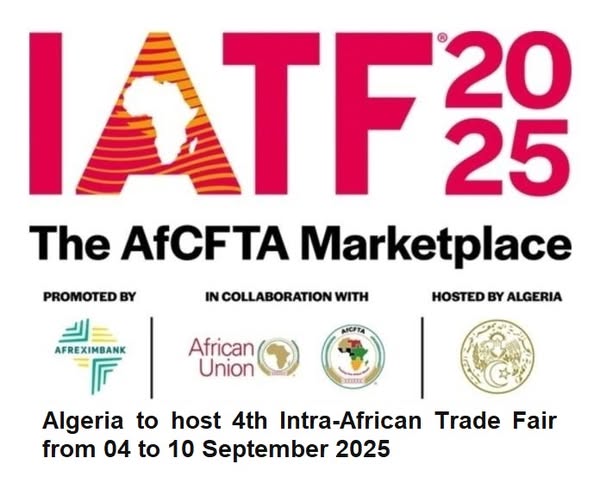
Pakistan-Algeria Business Relations Flourish
The Algerian Embassy in Islamabad has actively fostered bilateral economic relations. Over the past three years, Pakistani companies have increasingly participated in Algerian exhibitions, including the Algiers International Fair (FIA), which saw 35 Pakistani participants in 2025, up from 20 in 2023. Algeria hosted two bilateral economic forums during FIA 2024 and 2025, with a total of 473 Algerian and 165 international companies attending in 2025.
Algeria to Host Intra-African Trade Fair 2025
Further cementing its role as a trade hub, Algeria will host the prestigious Intra-African Trade Fair (IATF2025) in September 2025. This high-profile event will showcase Algeria’s transformation into a key gateway for regional integration and global partnership across Africa.

